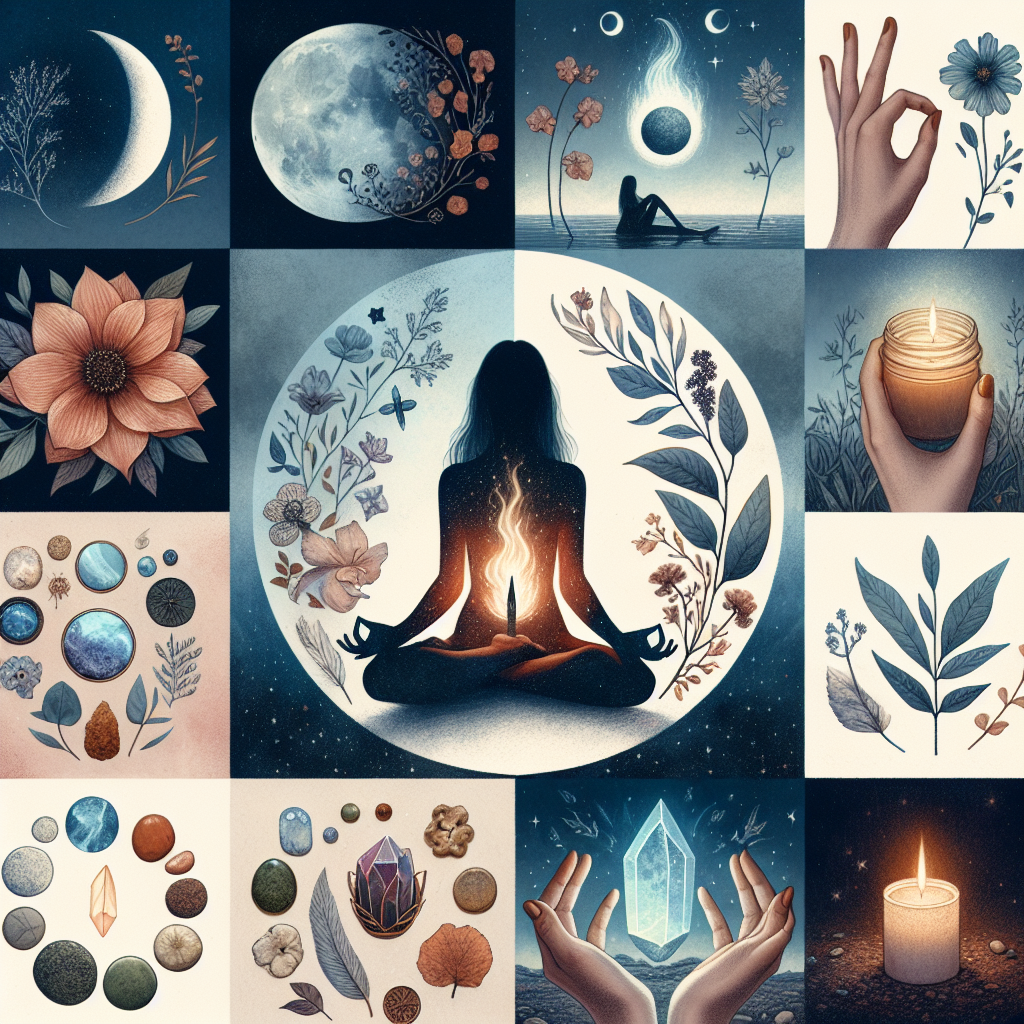How Blue Light Filters Really Affect Your Sleep: A Guide to Restful Nights
Published on August 18, 2025

How Blue Light Filters Really Affect Your Sleep: A Guide to Restful Nights
In our modern world, screens are an integral part of daily life. Yet, as the sun sets, the blue light emitted from these devices can disrupt our natural sleep cycles. Understanding how blue light affects sleep and exploring ways to mitigate its impact can lead to more restful nights.
The Science of Blue Light and Melatonin Suppression
Blue light, a high-energy visible light, is known to suppress melatonin production, the hormone responsible for regulating sleep-wake cycles. Research indicates that exposure to blue light in the evening can delay the onset of sleep, reduce sleep quality, and lead to daytime fatigue.
As someone who has struggled with sleep disturbances, I found that understanding the science behind blue light was the first step toward reclaiming my nights. By reducing blue light exposure, I noticed a significant improvement in my sleep quality.
Glasses vs. Screen Apps: Which is More Effective?
When it comes to reducing blue light exposure, two popular solutions are blue light blocking glasses and screen filter apps. Each has its benefits and limitations:
-
Blue Light Glasses: These glasses are designed to filter out blue light wavelengths. They are effective for those who spend long hours in front of screens, especially in the evening. However, they can be cumbersome to wear continuously.
-
Screen Filter Apps: Apps like f.lux or Night Shift on Apple devices adjust the color temperature of your screen, reducing blue light emission. These are convenient and can be scheduled to activate automatically at sunset.
In my experience, combining both strategies—wearing glasses and using screen apps—provided the best results. This dual approach ensures comprehensive protection against blue light.
Timing and Usage Tips for Optimal Sleep
To minimize blue light exposure and enhance sleep quality, consider the following tips:
-
Limit Screen Time Before Bed: Aim to reduce screen use at least one hour before bedtime. This allows your body to naturally increase melatonin production.
-
Create a Relaxing Evening Routine: Engage in calming activities such as reading a book, meditating, or practicing gentle yoga. These activities can help signal to your body that it's time to wind down.
-
Optimize Your Sleep Environment: Consider transforming your bedroom into a sleep sanctuary by adjusting lighting, temperature, and sound to promote restful sleep.
Common Misconceptions About Blue Light
There are several misconceptions about blue light and its effects on sleep:
-
Myth: All Blue Light is Bad: While excessive exposure at night can disrupt sleep, blue light during the day is beneficial. It helps regulate mood and alertness.
-
Myth: Blue Light Filters are a Cure-All: While helpful, blue light filters are just one part of a holistic approach to better sleep. Consider other factors like caffeine intake and stress management.
Combined Strategies for Better Sleep
For those seeking a comprehensive approach to improving sleep, consider combining blue light reduction with other mindful practices. For instance, you might explore the benefits of soundscapes or adjust your evening caffeine habits as discussed in Why You Should Stop Drinking Coffee After 2PM.
By integrating these strategies, you can create a personalized routine that supports your unique sleep needs.
Conclusion
Understanding and managing blue light exposure is a vital step toward achieving restful sleep. By incorporating blue light filters, adjusting your evening routine, and exploring complementary practices, you can nurture a more harmonious relationship with your sleep cycle.
FAQs
Q: How does blue light affect melatonin production?
A: Blue light suppresses melatonin production, delaying sleep onset and reducing sleep quality. Limiting exposure in the evening can help maintain natural sleep cycles.
Q: Are blue light glasses effective for everyone?
A: Blue light glasses can be effective, especially for those who spend extended periods in front of screens. However, individual results may vary, and they are most effective when combined with other sleep-promoting practices.
Q: Can screen filter apps replace blue light glasses?
A: Screen filter apps are a convenient way to reduce blue light exposure, but they may not block as much blue light as glasses. Using both can provide comprehensive protection.
Q: Is it necessary to avoid all screens before bed?
A: While it's beneficial to limit screen time before bed, it's not always practical. Using blue light filters and engaging in relaxing activities can help mitigate the impact.
Q: What other factors can improve sleep quality?
A: In addition to managing blue light exposure, consider optimizing your sleep environment, managing stress, and maintaining a consistent sleep schedule for better sleep quality.
